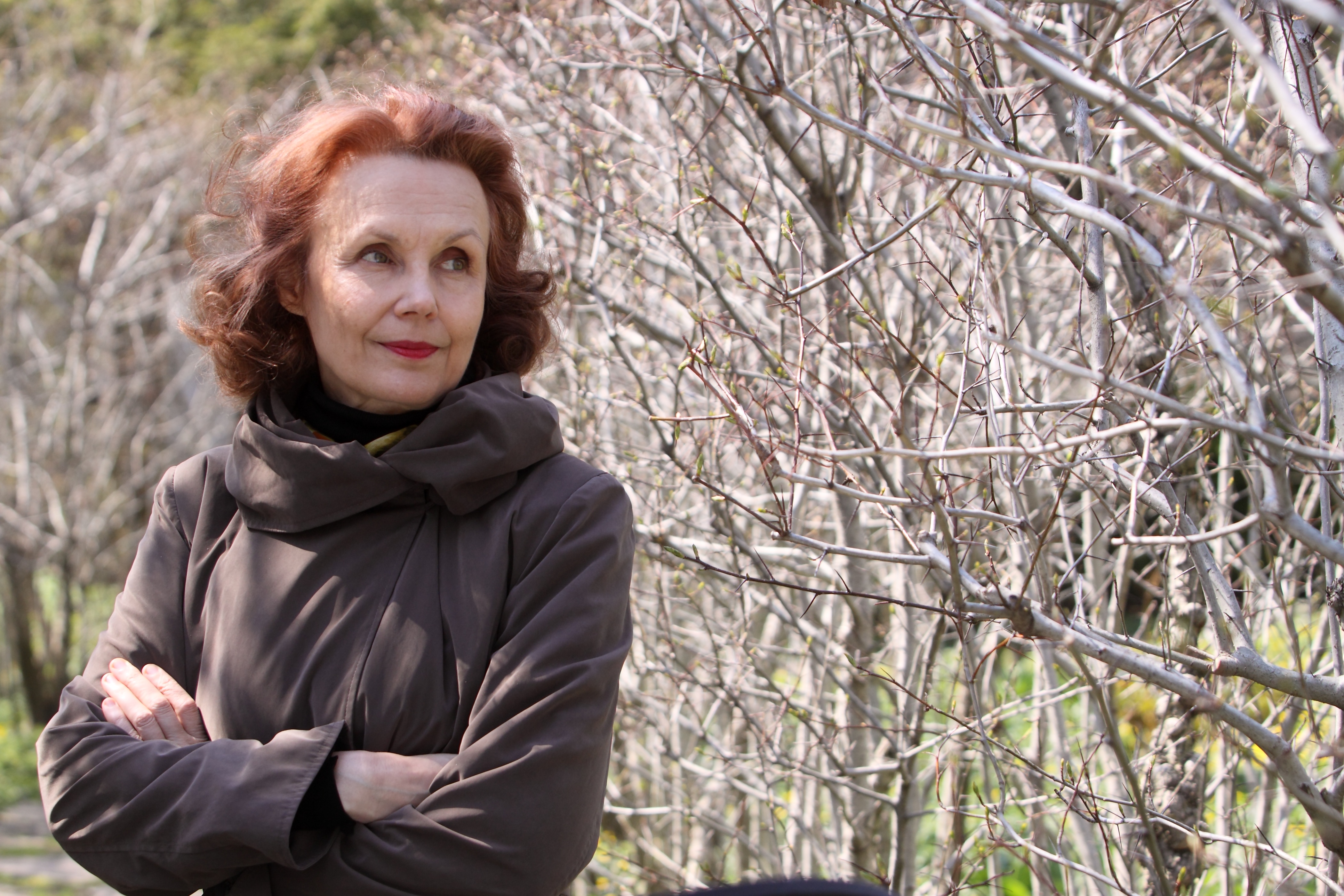Cinq reflets
| Work notes | Dedicated to Esa-Pekka Salonen |
| Publisher | Chester Music Ltd |
| Category | Soloist(s) and Orchestra |
| Year Composed | 2001 |
| Duration | 30 Minutes |
| Soloist | Soprano, Baritone |
| Orchestration | 4(pic,afl,pic,afl)3(ca)3(bcl)3(cbn)/4231/timp.4perc/hp.pf(kbd)/str(14.12.10.8.6) |
| Availability | Hire |
Programme Note
Cinq reflets (2001)
Operas have been singing of love and death from time immemorial, but seldom have they been subjected to such rich and profound scrutiny as in Kaija Saariaho’s L’Amour de Loin. The work was almost unanimously acclaimed by the critics at its premiere at the Salzburg Festival in summer 2000, being described as a ‘lyrical masterpiece’ and ‘the best new opera of the year’, and the New York Times went so far as to hail it ‘the best new work of the year’.
L’Amour de Loin is based on the fictitious life of a troubador, Jaufré Rudel, who really did live in the 12th century. The suite, scored for soprano, baritone and orchestra, draws on material from the opera but there are no straight excerpts from it. Saariaho says that she combined ideas in a new way and also composed some new material. The movements do have certain material affinities, but no direct citations; it is more a question of different combinations and juxtapositions. The songs tie in with the characters in the opera, but in a rather liberal treatment; the third song in the suite, for example, sung by the baritone, is based on music sung in the opera by a mezzo-soprano.
The five movements make up an entity with a plot that in a way runs parallel to the opera but is by nature more abstract. In the first the soprano exclaims that while others all dream of travelling to faraway lands, she wishes only to go home. The second song is essentially a dream in which the baritone has visions of a countess. The third is a song composed by the baritone for the countess; the words of this are by Jaufré Rudel, those of the other movements by Amin Maalouf. By the fourth movement the lvoers have met, but the baritone dies at the end. The last song, by the soprano, ties in closely with the finale of the opera.
Kimma Korhonen

